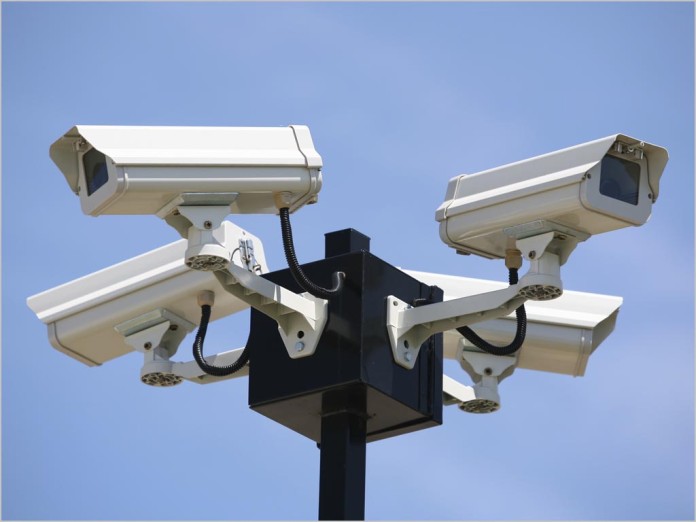
news The Australian Capital Territory (ACT) Government has raised “fundamental concerns” about the proposed National Facial Biometric Matching Capability – a Federal Government initiative that will allow images of unidentified individuals to be matched to photographs stored across a range of government records.
Originally a supporter of the scheme as an aid to police forces and government agencies, the territory’s governing authority now has concerns over how facial recognition data could impact citizens’ right to privacy after it goes live in mid-2016.
Attorney-General Simon Corbell raised the ACT’s reservations at the Law, Crime and Community Safety Council meeting in Canberra on 5th November.
“Most citizens are unaware that the Commonwealth and other state governments are actively working to make driver’s licence images available to be searched and compared for a broad range of purposes by government agencies,” Corbell said.
“Parts of the Commonwealth Government’s proposal, specifically around facial identification, will give law enforcement and other agencies an unprecedented and extraordinary level of access to biometric and biographical information.”
The ACT Government, he said, believes that proposed governance arrangements are “not sufficient” in terms of the Facial Identification Service, which would “enable agencies to match a photo of an unknown citizen against multiple government records”.
Corbell said the Commonwealth proposal “leaves open the door for the changing of thresholds that determine what information can be shared, when it can be shared and who it can be shared with”.
The prospect that this data might at a future time be accessible by the private sector, and “potentially for a broad range of matters beyond the most serious of criminal matters” is a particular concern for the ACT.
“As it stands such changes could be made without reference to any parliamentary oversight,”Corbell said. “In this context, it is the ACT’s view that wholesale population level comparison of facial images goes well beyond what is reasonable and proportionate in a free and democratic society.”
Pointing out that the ACT has previously highlighted that all jurisdictions must understand and respond to privacy concerns relating to the capability, he said “we will continue to work with other jurisdictions to ensure that privacy issues are at the forefront of the agenda”.
Privacy impact assessments will be required before the ACT will consider whether to further participate in this part of the system, Corbell concluded.

I have to admit I was surprised at how far developed the government biometric database has become.Just a few weeks ago I phoned the taxation office to query the progress of my tax return, it was requested of me that a recording of my voice would be made so that I could be easily identified in future phone calls to improve their customer security and service. I imagine such voice tracking would be shared with all the other government departments.
I think what we need more are laws stating that personal data can only be used for the purpose it is collected.
First it was we are going to keep your license photo so we can send out a new license without you coming in to get a photo. Now it is ha we got you now we are going to use that photo to match any image of you to an identity. As access and available data increases it isn’t just privacy of the individual that is it at issue it is the fact you can now build up detailed population data that wasn’t available, that is now wide open for abuse and increases the damage the abuse can cause.
Increasing the use of this data needs to be weighed against increasing potential for abuse the increased damage that abuse can do.
Comments are closed.